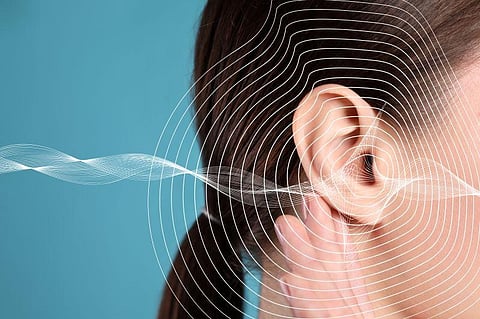WEDNESDAY, July 5, 2023 (HealthDay News) -- Patients with advanced-stage Meniere disease (MD) have greater vestibular damage, higher degree of endolymphatic hydrops (EH), and atrophy of hippocampal volume (HV), according to a study published online June 14 in The Laryngoscope.
Huirong Jian, M.D., from the Shandong Provincial ENT Hospital in Jinan, China, and colleagues collected clinical data from 99 patients with unilateral MD to examine correlations among clinical features, degree of inner ear EH, and HV in different stages of MD. In 64 and 35 patients, the left and right ears, respectively, were affected. A total of 50 cases in early stages (stages 1 and 2), 49 cases in late stages (stages 3 and 4), and 50 healthy controls were included.
The researchers identified significant differences in the disease course, vestibular function (VF), degree of EH, and HV in between-group comparisons of early and late MD. No significant between-group differences were seen based on age, sex, affected side, subjective degree of dizziness, hospital anxiety, or depression. In patients with early-stage MD, mean HV was associated with canal paresis value of the caloric test and pure tone hearing thresholds. In late-stage patients, HV correlated with vestibular EH.
"Considering the progression of MD, the decline of VF, aggravation of EH, and atrophy of HV, as well as the decline of spatial positioning and navigation function and the increased risk of imbalance and falls, clinicians should carry out early interventions surrounding spatial cognition and balance in patients with MD to reduce the onset of falls and improve their quality of life," the authors write.
Abstract/Full Text


